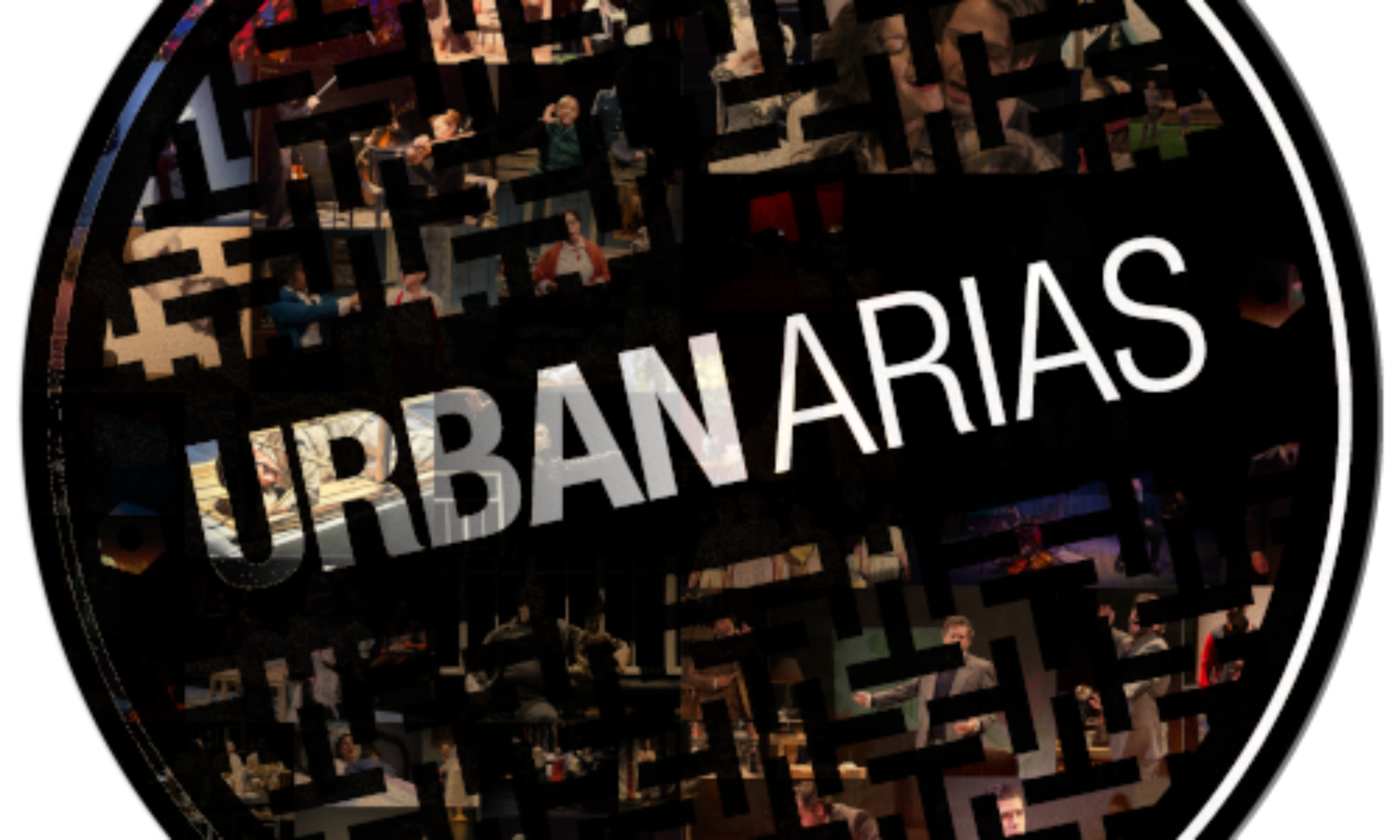We asked baritone Keith Phares about singing modern opera, and specifically INBOX ZERO, which we will present on May 4, 2023. We hope you enjoy his insightful responses!
You have done a lot of new operas – how do you find working on contemporary pieces vs. standard repertoire, and is there anything you particularly like or dread about new works?
 Generally speaking, the standard repertoire is the most satisfying to sing; however, contemporary repertoire, not being bound by hundreds of years of tradition, allows me to put my own stamp on something. Furthermore, most of the contemporary works that I’ve performed have been in English. No matter how familiar I am with French, German or Italian, I’m never going to be able to bring the same level of authenticity to a character as I can when I’m singing in my native language, i.e., it will always feel like there’s a filter between me and the audience, and I’ll be more inclined to sing for outcome, instead of staying in the scene. In contemporary opera my line of communication with the audience is more direct. If there’s anything I dread about contemporary works, it’s the occasion when a vocal line isn’t intrinsically singable, but of course one can find plenty of examples of that in Mozart. In any case, I do enjoy a challenge and a great libretto makes it all the more worth it.
Generally speaking, the standard repertoire is the most satisfying to sing; however, contemporary repertoire, not being bound by hundreds of years of tradition, allows me to put my own stamp on something. Furthermore, most of the contemporary works that I’ve performed have been in English. No matter how familiar I am with French, German or Italian, I’m never going to be able to bring the same level of authenticity to a character as I can when I’m singing in my native language, i.e., it will always feel like there’s a filter between me and the audience, and I’ll be more inclined to sing for outcome, instead of staying in the scene. In contemporary opera my line of communication with the audience is more direct. If there’s anything I dread about contemporary works, it’s the occasion when a vocal line isn’t intrinsically singable, but of course one can find plenty of examples of that in Mozart. In any case, I do enjoy a challenge and a great libretto makes it all the more worth it.
Have you done other one-person shows? Are there particular rewards and/or challenges for you in monodramas?
This is my first one! I’ve sung art song recitals, and some of those have included fairly lengthy song cycles in which I get to create a character arc, but this is the first time I will be the single character in a story with a specific plot line. I think the most challenging aspects will be the pacing and stamina. There will be no time to rest.
You are very skilled at singing opera in English and making it sound like the language we speak; not all singers have this knack. Are there any tips or tricks you use to keep the diction natural while still producing operatic sounds?
Why thank you! The biggest factor in all of this, I believe, is that I want to be understood and I want to sound like a person speaking. When I was coaching Robert Aldridge’s Elmer Gantry with its librettist, Herschel Garfein, he caught me basically singing for sound and atmosphere, and for disregarding that I was a person in a moment. This changed my whole perspective on singing. As far as the technical aspect is concerned, I’m shooting for vowel shapes that occur in plain, spoken diction wherever possible. I find that the use of spoken vowel shapes are too often overlooked as a key to clear diction. If I can’t embrace the idea of spoken vowels, and singing SENTENCES rather than musical phrases, consonants are only going to clarify things so much.
What do you love about Peter and Matt’s work?
It’s satisfying to sing, smart, beautiful, moving, hilarious, profound, and doesn’t take itself too seriously.

